Bullying is a serious problem for kids and can lead to extreme outcomes, like suicide. For example, a case that unfolded in Florida in 2013 concerned the alleged cyberbullying of two girls toward a 12-year-old classmate, who may have ended her life at the hands of their taunting.
According to Polk County Sheriff Grady Judd, two students, ages 12 and 14, were arrested and charged with aggravated stalking for “maliciously harassing” Rebecca Ann Sedwick through verbal and physical abuse and cyberbullying, NBC News reported. Rebecca Ann jumped to her death from an abandoned cement factory silo in September 2013.
Social media’s popularity has taken cyberbullying to new dangerous levels – statistics show that by the third grade, 75 percent of kids have been exposed to bullying – mostly as bystanders.
October is National Bullying Prevention Month. Children and teenagers who are bullied or who bully others have a high chance of being affected by a wide range of health and safety hazards including suicidal attempts, sleeping difficulties and injuries requiring medical care.
In 2012, roughly 160,000 children stayed home every day to avoid being bullied, according to the National Education Association.
Often what’s driving a bully is self-aggrandizement, although the persecuted child may feel it is belittlement at their own expense.
How to prevent bullying
- Talk to children about their feelings and encourage open conversations
- Tell your kids how special they are to you and that you love them
- Remember your kids are watching and taking cues from you
- Monitor your child’s demeanor
- Focus on increasing your child’s self-assurance even if they have not witnessed or encountered bullying
Parents can have a positive impact on bullying prevention. A 2012 study published in the American Journal of Public Health, found that children of parents who were involved in their lives and very communicative were less likely to become bullies.
Prevention must start early. Give kids less access to computers, personal devices (unsupervised) and more access to you – spending time eating meals together, talking enjoying each other’s company – in short, more pro-social interactions that demonstrate you care.
 https://riseandshine.childrensnational.org/wp-content/uploads/2024/12/sad-girl-at-school-feature.jpg
300
400
Danielle Robbins
https://riseandshine.childrensnational.org/wp-content/uploads/2017/11/childrens_riseandshine_logo.jpg
Danielle Robbins2024-12-10 16:12:422024-12-10 16:12:42School safety resources for kids and teens
https://riseandshine.childrensnational.org/wp-content/uploads/2024/12/sad-girl-at-school-feature.jpg
300
400
Danielle Robbins
https://riseandshine.childrensnational.org/wp-content/uploads/2017/11/childrens_riseandshine_logo.jpg
Danielle Robbins2024-12-10 16:12:422024-12-10 16:12:42School safety resources for kids and teens



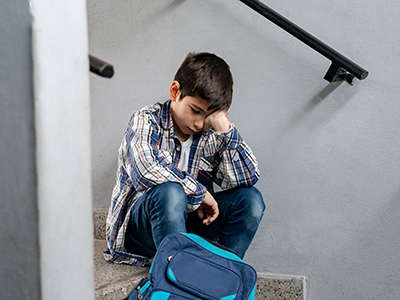
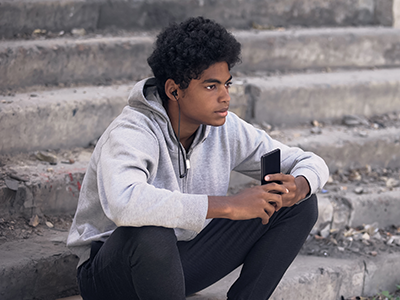

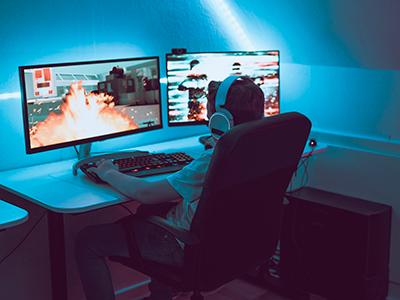

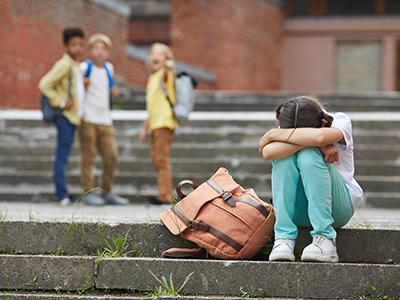

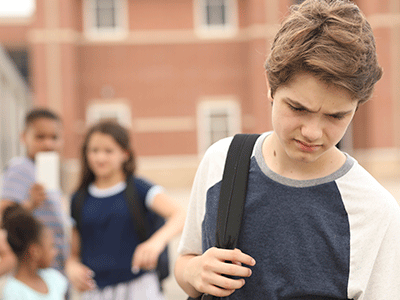
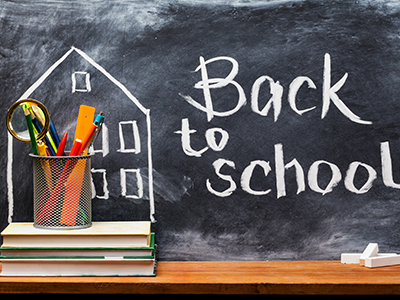

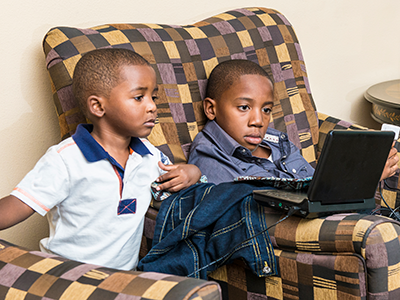



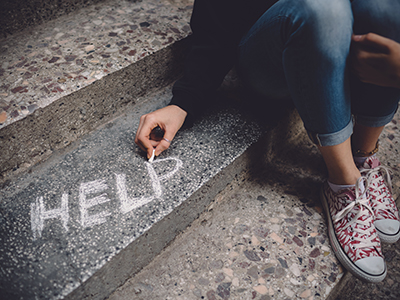



Leave a Comment
Want to join the discussion?Feel free to contribute!